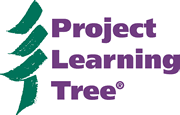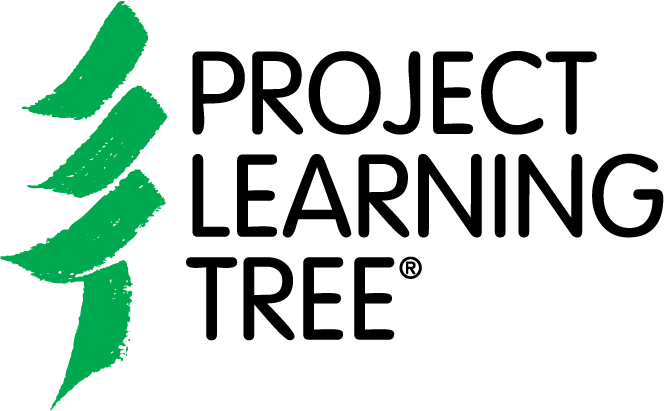Students will create “miniature landfills” to simulate the movement of leachate in a landfill and demonstrate the importance of liners. By experimenting with different soil types and liners, students will learn about how landfills are constructed to prevent pollution.
This is one of 8 activities that can be found in PLT’s Exploring Environmental Issues: Municipal Solid Waste. To get the activity, attend a training and receive PLT’s Municipal Solid Waste secondary module. Below are some supporting resources for this activity.
ADDITIONAL RESOURCES 
The following tools and resources may be used to enhance the activity.
-
30 Day Zero Waste Challenge!
Be Zero inspires, educates, and activates others to reduce their plastic and trash footprint for a sustainable future. Join the challenge with your students too! For example, one article on their blog called How to Pack a Zero Waste Kids Lunch highlights how one parent used a bento style stainless steel container called PlanetBox to easily pack their kids lunch and avoid using packaged foods.
-
US EPA Facts and Figures About Materials, Waste and Recycling
US EPA Facts and Figures About Materials, Waste and Recycling website has information on municipal solid waste in the United States. The data includes information on energy recovery and landfills as well.
-
My Garbology
We toss items into the trash every day – about 4.4 pounds per person per day, on average. With garbology, the study of waste, students can learn about waste reduction and steps they can take to reduce the amount of trash on the planet. This website’s interactive interface allows students to learn about the recycling, reusing, composting, and disposing of several everyday items.
-
Superfund for Students
At this EPA website, students can learn about four different types of hazardous waste (groundwater contamination, surface water contamination, soil contamination, and air contamination) and how to clean up each type. Later, students can test their knowledge of hazardous wastes with the Superfund Scavenger Hunt or Superfund quiz.

